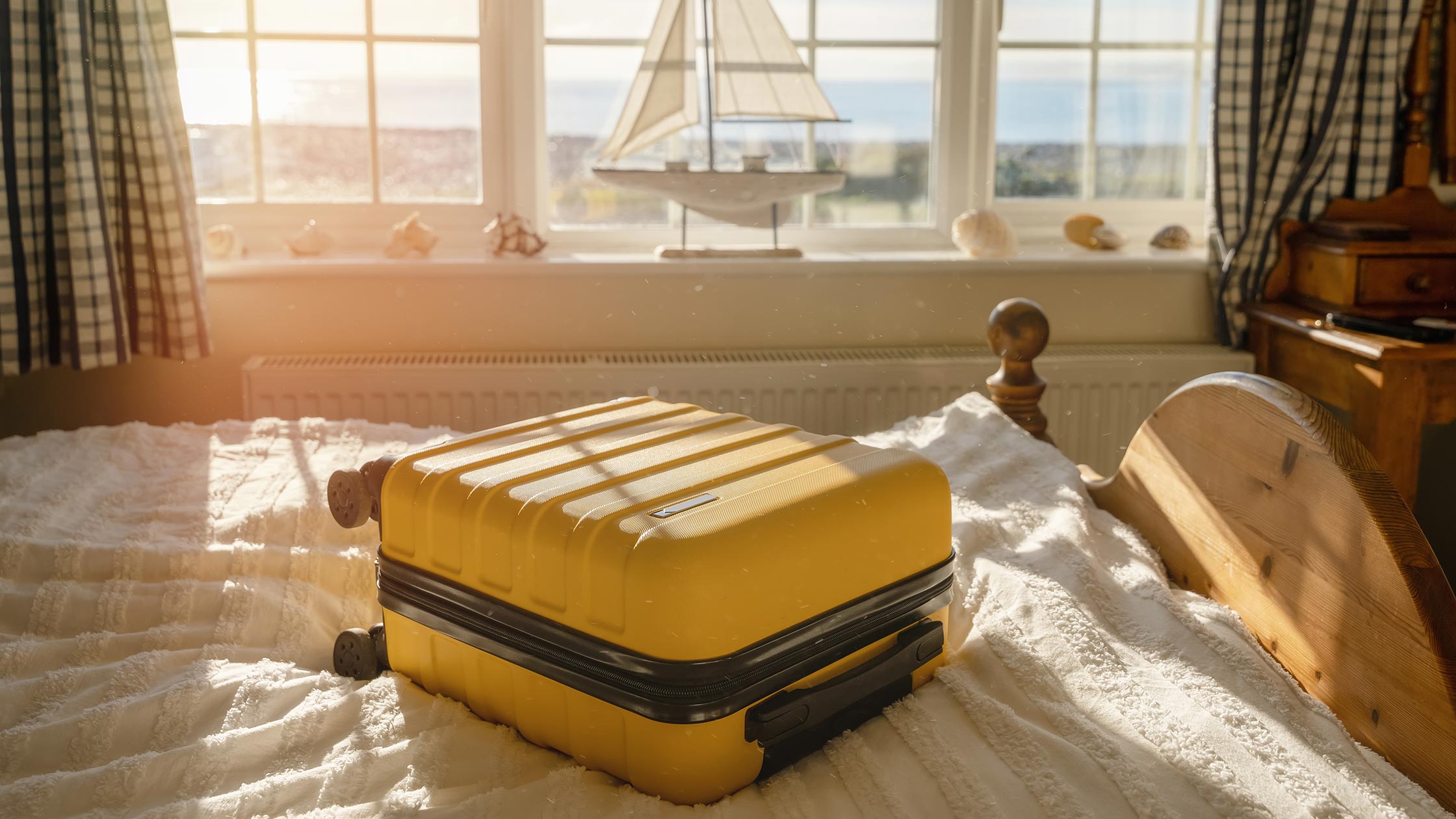Testimonials
[testimonial author]

Rated 5.0 on Quickbooks ProAdvistor

800+ Likes on Facebook

The government has announced that it will repeal the special tax rules relating to the commercial letting of Furnished Holiday Accommodation (FHL). The FHL rules have generally treated such letting as a trade and so a number of preferential tax rules have applied.
Income and gains from FHL will subsequently form part of the person’s UK or overseas property business and be treated in line with all other property income and gains.
There are numerous amendments but the main consequences are dealt with below.
The definition of relevant UK earnings for pension purposes is amended to exclude income from FHL, meaning that such income will no longer enable individuals to make tax-relievable pension contributions based upon it.
The amount of income tax relief landlords can get on residential property finance costs is restricted to the basic rate of income tax. The restriction applies to ‘the costs of a dwelling-related loan’ and FHL is now included.
Property rental businesses are prohibited from claiming capital allowances but instead claim on the replacement on certain items. FHL is now included in this process (but see transitional capital allowance rules below).
In respect of income arising on property held in the names of individuals who are married or civil partners and who live together, the legislation makes the assumption that the parties are entitled to the income in equal shares. These rules now apply to FHL.
The above changes generally apply to 2025/26 or accounting periods commencing on or after 1 April 2025.
The rules which allowed FHL to be treated as a trade for various capital gains tax reliefs are withdrawn in relation to disposals made on or after 6 April 2025 (1 April 2025 for corporation tax).
Roll-over relief on the replacement of business assets will no longer apply to acquisitions which take place on or after those dates.
In addition, the rules which allow a capital loss on loans made to traders no longer apply to claims for a loss on such a loan accruing to a person in relation to FHL on or after those dates.
There is a rule brought in to address the situation of people attempting to ‘bank’ various CGT reliefs by using unconditional contracts. Broadly, if, between 6 March 2024 and 6 April 2025 (1 April 2025 for corporation tax), an unconditional contract is entered into but the asset is sold on or after the 1/6 April 2025, then various CGT reliefs will not be available unless:
The claims covered include roll-over relief, relief for gifts of business assets and BADR and any claim must include a statement that the above conditions are met.
If a person:
then that unrelieved loss is treated as if it had been made in the corresponding property business.
‘Corresponding property business’ means, in relation to a loss made in an FHL business, a UK property business (within the meaning in s264 ITTOIA 2005) carried on by that person. Similar rules apply to overseas property.
This means that any loss carried forward from the FHL can be set against any subsequent income from a UK or overseas letting business.
Similar rules apply for corporation tax purposes.
Broadly, although going forward capital allowances will not be able to be claimed by what were FHL businesses, any unused pools are carried forward and allowances given to those businesses in the future. This also means that subsequent disposals of assets on which capital allowances have been claimed will be dealt with under the capital allowances regime.
There are a number of transitional rules brought in to allow BADR to continue in relation to transactions after 6 April 2025 e.g. where the FHL business cease pre-6 April 2025 but the sale of the property takes place within the next three years.
[testimonial author]

Rated 5.0 on Quickbooks ProAdvistor

800+ Likes on Facebook
Get in touch and find out how we can help you
Tel. 01691 674792
Email. info@kcaccountancyservices.co.uk


